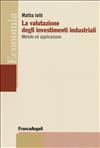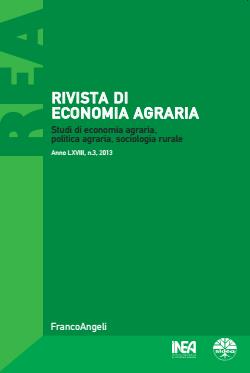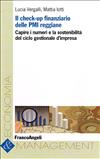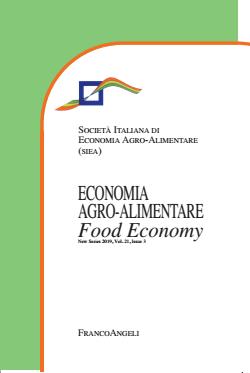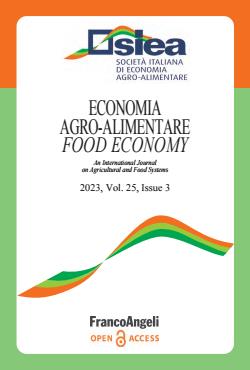
Agricultural firms are characterized by significant investments, both in fixed capital and in working capital. To finance investments, in addition to equity capital, access to credit becomes essential. Concerning this topic, various researches have shown that agricultural firms have difficulty accessing credit, due to reduced average size of farms, often poor financial culture and difficulty in communicating with lenders.To facilitate relations between agricultural firms and lenders in Italy, various regulatory provisions, over time, have changed the regulatory framework of agricultural credit. The offer of credit lines is today wide, even if granting of credit favors larger and more structured firms, and credit is concentrated in a few Italian regions. Public intervention through guarantees, and the introduction of a non-possessory revolving pledge, have favored access to credit for agricultural firms in recent years.The business cases analyzed have highlighted how investments of firms in fixed capital for the purchase of plants, and working capital, for aging of productions, amplify financial needs of firms and make it necessary to evaluate financial sustainability of operations. Recent increase in loans for ESG investments, and consequent regulatory framework, can facilitate financing of agricultural firms, enhancing their social role also in favor of smaller firms, cooperatives and firms in disadvantaged areas.
